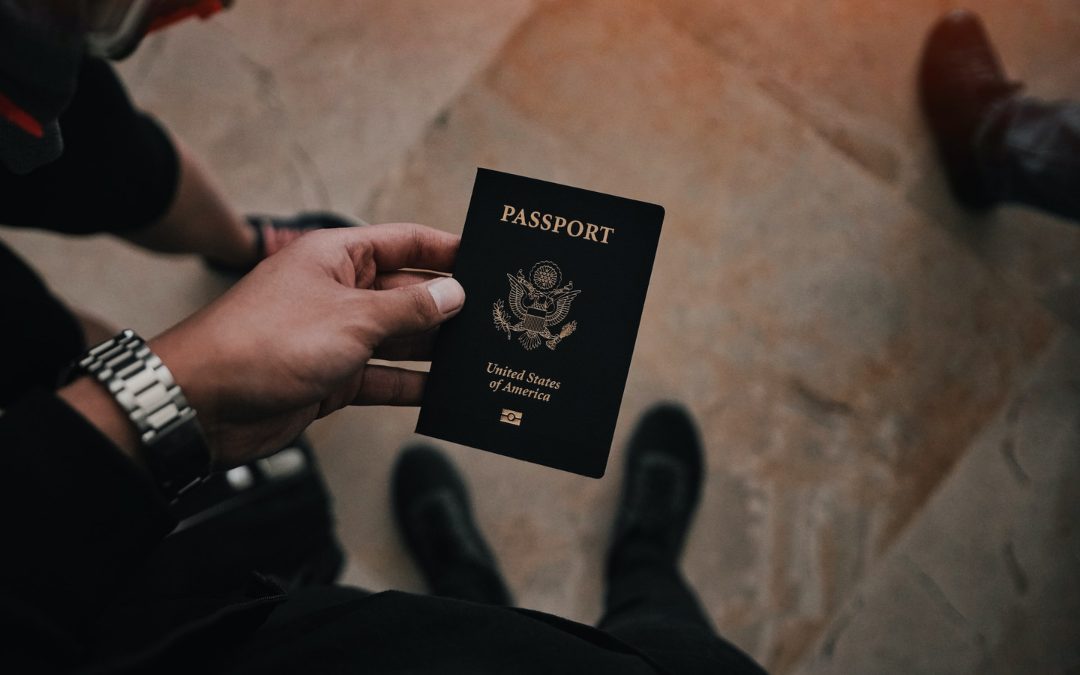Beginning the next year, it will become more difficult for non-EU citizens to enter the EU. From May 2023, a new Entry-Exit System (EES) will be in place.
The European Travel Information and Authorisation System (ETIAS), which will go into effect later in the year, include this.
Before visiting a nation in the Schengen area, travelers from outside the EU will need to apply for and pay for a visa waiver.
Here are some ways that European nations are getting ready for the changes and how you might be able to avoid paying for a visa.
How do the EES and ETIAS work?
With the help of the new EU EES, more data on visitors from outside the EU will be logged. Border automation will capture and store biometric information, such as fingerprints and facial images, in addition to passport information.
There will be no more passport stamps. The system will instead initiate a registration whenever a person arrives or exits an EU nation. Someone who has overstayed their welcome in the EU will be easier to identify as a result.
Only 90 days are allowed for non-EU people to stay in the EU without needing a visa, including UK citizens after Brexit. People who travel within the EU or between Schengen zone nations are not covered by the EES.
What is the ETIAS application process?
In November 2023, the expanded ETIAS will go into effect. Non-EU citizens will now need to pay €7 each time they visit the majority of European nations.
The visa entitles non-EU nationals to a 90-day stay inside the EU and the Schengen area. Once a traveler’s visa has been approved, they are exempt from applying for three years.
The Republic of Ireland is not going to need a visa because it is a member of the Common Travel Area. This area of open borders includes the Channel Islands, Ireland, the UK, and the Isle of Man.
If they are between the ages of 18 and 70, travelers will need to submit an online application before they depart and pay the €7 fee.
Having a European identity card exempts me from needing a visa, right?
EES and ETIAS exemptions may apply to non-EU citizens who have a permanent address in an EU nation. The carte de séjour in France or the Carta di soggiorno in Italy, or a similar biometric identity card, is required.
As a result, the 90-day restriction does not apply to you. On how border automation would recognize a traveler as an EU resident when they were using a non-EU passport, however, no information has been made public.


